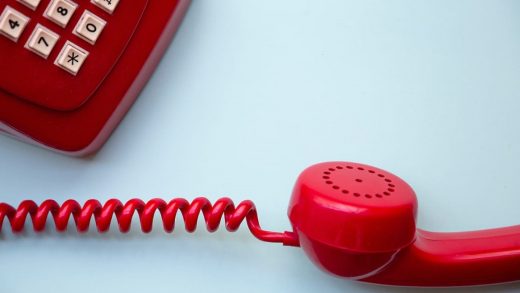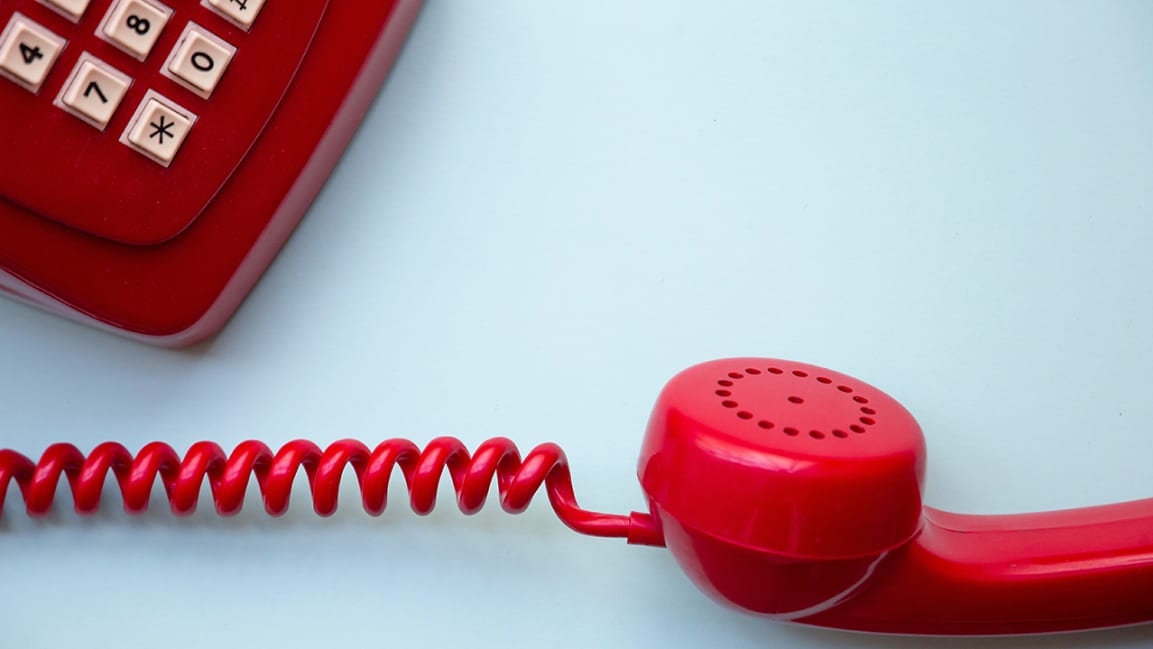The White House is pumped about this anti-robocall law. We’re not celebrating yet
This week President Trump signed the TRACED Act (the acronym stands for Telephone Robocall Abuse Criminal Enforcement and Deterrence) into law. It’s “historic legislation,” if you ask the White House, that “officially puts illegal robocallers on notice,” according to Republican Senator John Thune, a cosponsor of the bill. The new law may deter some scammers from posing as, say, your neighbor or the IRS, but don’t fall too hard for this victory lap. Your robocall nightmares are far from over.
Doing something—anything—to address the ongoing deluge of spam calls is one of the only things our bitterly divided Congress can agree upon lately. The bill passed the Senate first, in May, and the House earlier this month, before landing on Trump’s desk. In its final form, it offers a handful of changes, including increased fines for scammers of up to $10,000 per call, and it’s supposed to speed up the rollout of the SHAKEN/STIR protocol for verifying calls. For the Federal Communications Commission, the law increases the time the agency has to go after robocallers. It also eliminates a rule that required the FCC to warn scammers before slapping them with a fine.
Increased fines may deter some scammers based in the U.S., but the FCC has largely struggled to collect fines from robocallers, the Wall Street Journal reports. Plus, while phone companies have put in work to implement the SHAKEN/STIR call verification protocol, the standard will work best once more carriers collaborate with one another nationally as well as internationally. (T-Mobile and AT&T broke ground in August with such a collaboration announcement.)
And as Engadget wrote today, the FCC still needs to lay down ground rules for when carriers should block suspected robocallers without asking—while also letting through potentially useful automated calls such as prescription reminders from your pharmacy.
For now, the law amounts to a step forward in a game of Whac-A-Mole. According to a study by YouMail, a company that sells scam-call-blocking software, an estimated 5 billion robocalls were placed in November. However helpful the new robocaller law might turn out to be, it won’t solve anything overnight. If you’re truly fed up, you could always consider a New Year’s resolution to start leaving your phone at home!
(13)



